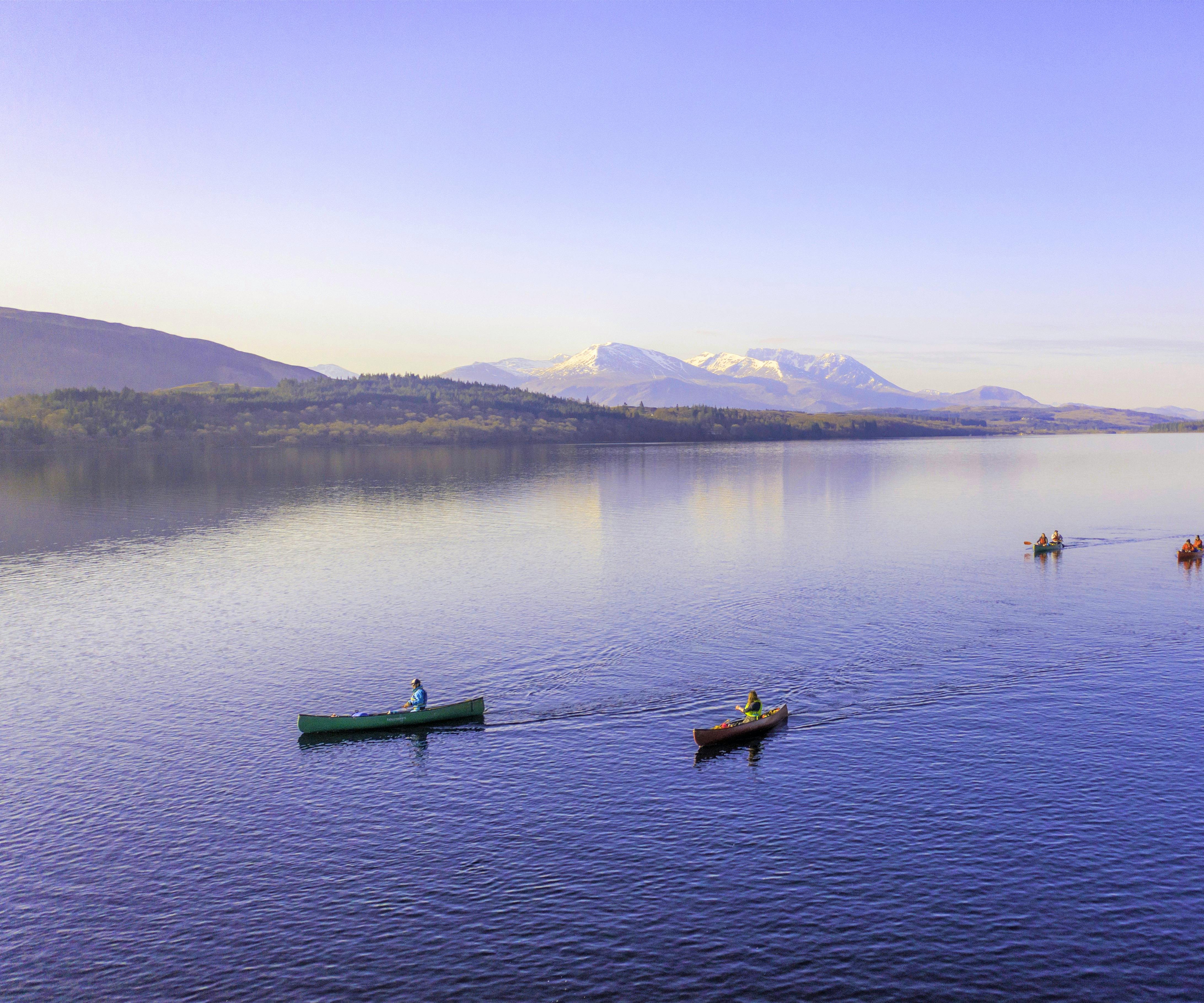Top Tanzania Safari Tips For An Unforgettable African Escape
Tanzania offers the opportunity to have a full and unforgettable African experience, and we're here to make sure you make the most of it.
In this guide, we share essential safari Tanzania tips from the best places to go and what to see, to preparation steps you cannot forget.
6 Tips on Where to Go and What to See
1. Serengeti National Park: The Great Migration and Abundant Wildlife
The Serengeti National Park is the crown jewel of Tanzania's safari destinations. It is globally celebrated for the Great Migration, an annual spectacle where over a million wildebeest, zebras, and gazelles traverse its plains for fresh grazing.
This natural phenomenon, often heralded as one of the greatest wildlife shows on Earth, offers an unparalleled opportunity to witness the circle of life in its rawest form.
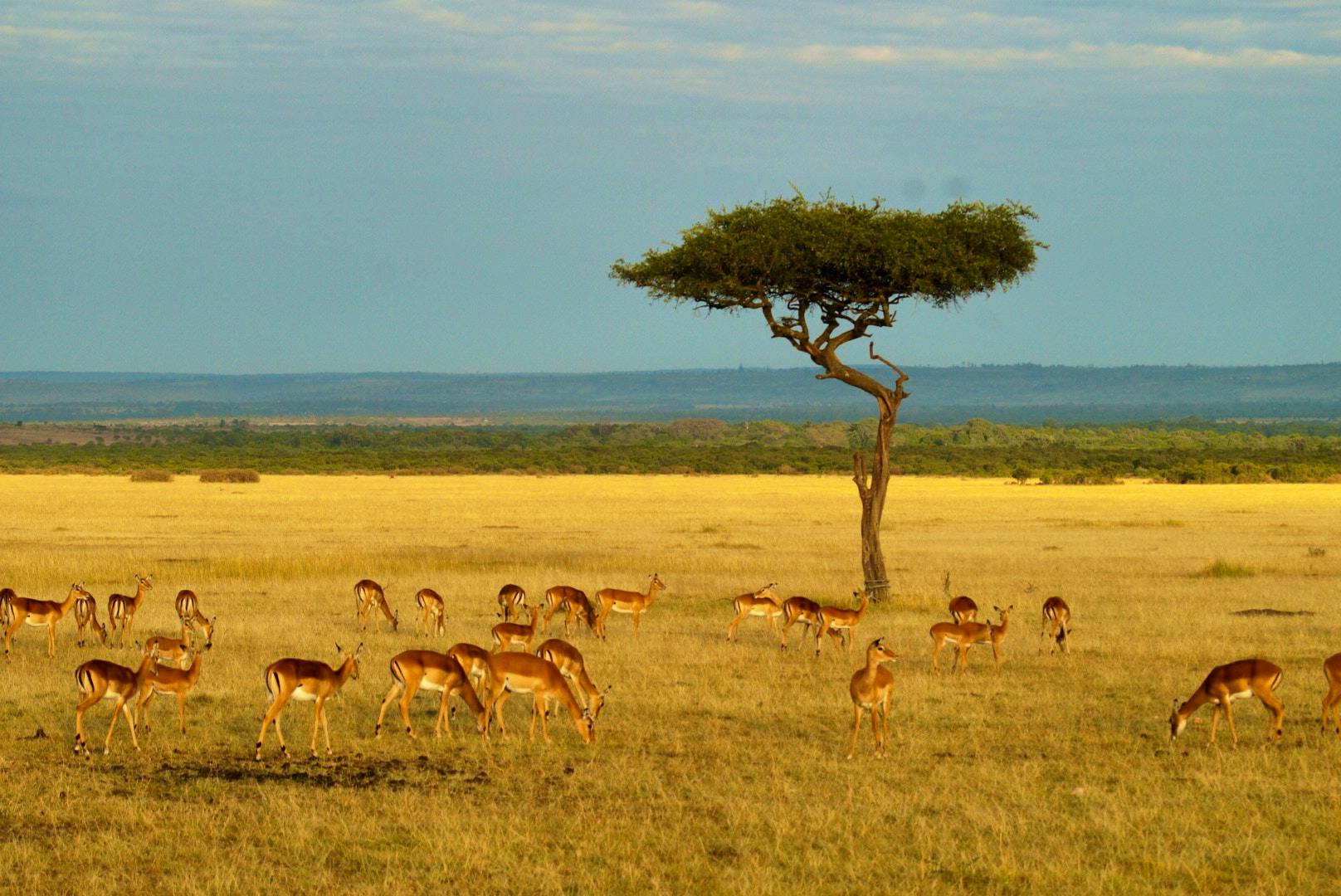
2. Ngorongoro Crater: A Unique Ecosystem with Diverse Fauna
The Ngorongoro Conservation Area, dominated by the vast Ngorongoro Crater, is a microcosm of East African scenery and wildlife.
The crater, formed by a collapsed volcano, creates a natural enclosure for an extraordinary variety of animals. It's one of the few places in Africa where you have a high chance of spotting the Big Five animals in a single day.
The area also harbours a dense population of other wildlife and rare birds. The crater floor, with its diverse habitats, including grasslands, swamps, forests, and a soda lake, provides a unique safari experience that is geographically distinct and rich in wildlife viewing opportunities.
3. Selous Game Reserve: Off-the-Beaten-Path Exploration
Selous Game Reserve offers a more secluded and raw safari experience. This destination is famous for its undisturbed nature and diverse habitats.
The reserve is home to large populations of elephants, wild dogs, buffaloes, hippos, crocodiles, and various bird species.
The Rufiji River, flowing through the reserve, adds a dynamic landscape feature and provides excellent opportunities for boat safaris – a unique way to experience the African wilderness.
Unlike the more frequented northern parks, Selous offers an off-the-beaten-path experience, ideal for those looking to escape the crowds and immerse themselves in an untouched wilderness.
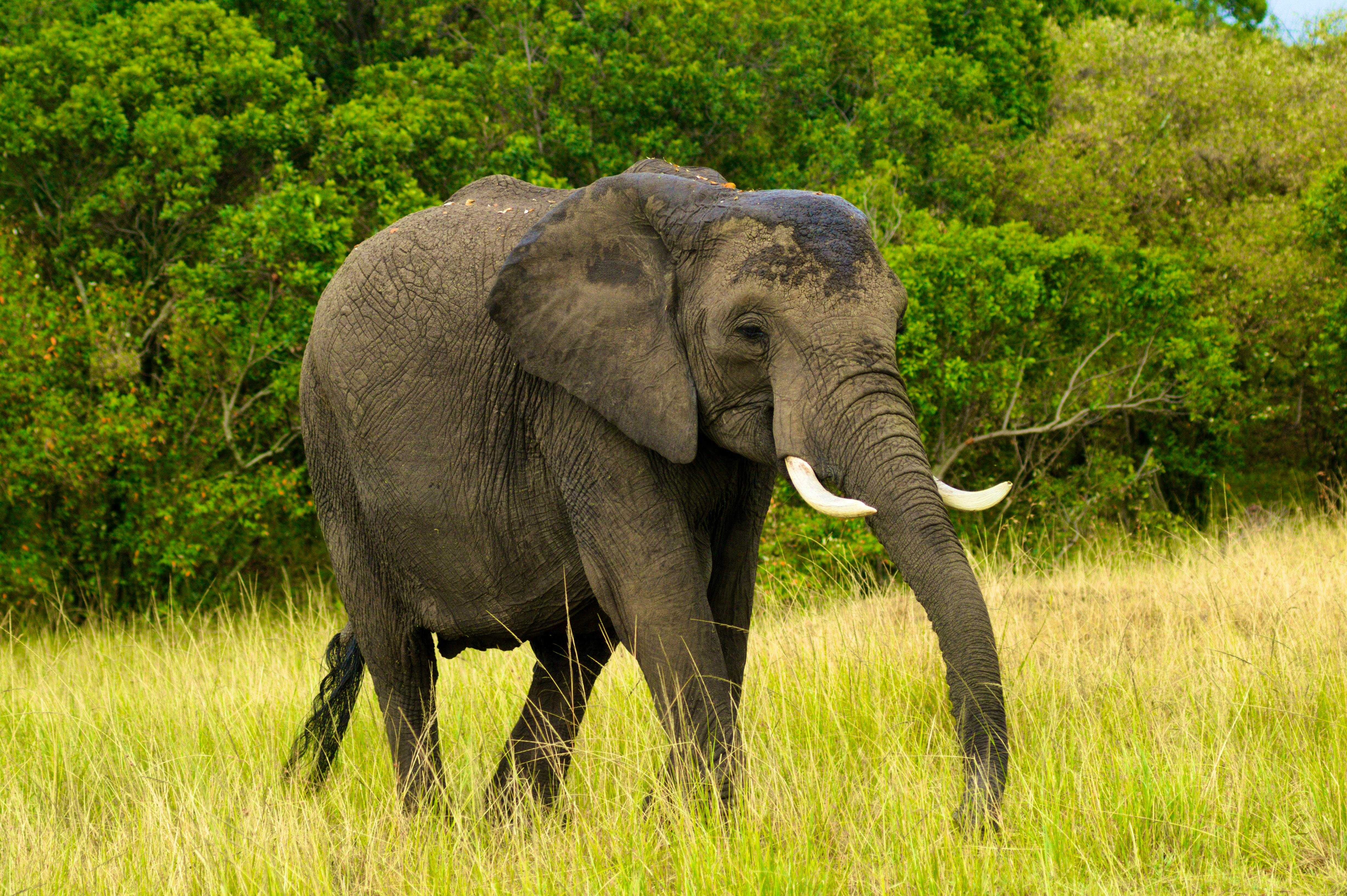
4. Tarangire National Park: A Haven for Elephant Enthusiasts
Tarangire National Park is home to some of the largest elephant herds in Tanzania. During the dry season, these herds and other animals like zebras, wildebeests, and buffaloes converge on the Tarangire River – the park's lifeblood. This convergence makes for spectacular wildlife viewing.
The park's landscape is dotted with baobab trees and termite mounds, adding to its unique scenery. It also boasts an impressive array of birdlife, making it a paradise for birdwatchers.
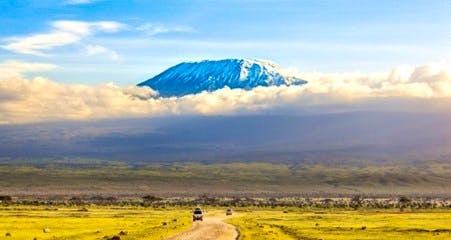
5. Mount Kilimanjaro
Embarking on a Tanzania safari is quite the adventure, but if you're craving an extra dose of thrill and breathtaking views, consider adding a Kilimanjaro hike to your itinerary.
Kilimanjaro, Africa's highest peak, offers a diverse range of ecosystems, and you may also spot unique Kilimanjaro animals on the trek.
If combining a Kilimanjaro trek with a Tanzania safari, choosing a route that facilitates a smooth transition to the safari experience is essential.
The Lemosho Kilimanjaro route and Kilimanjaro Machame routes are known for their breathtaking scenery and diverse landscapes. Both routes finish at Mweka Gate, which is relatively close to the Northern safari circuit. This proximity allows for a convenient transition to popular safari destinations like the Serengeti, Tarangire, and Ngorongoro Crater.

Latest Deals
6. Zanzibar for Post-Safari and Hike Relaxation
After the exhilarating safari and trekking experiences, Zanzibar is the perfect place to unwind with its pristine beaches and rich cultural history.
The island offers a serene retreat with its beautiful beaches, coral reefs, and historic Stone Town – a UNESCO World Heritage Site.
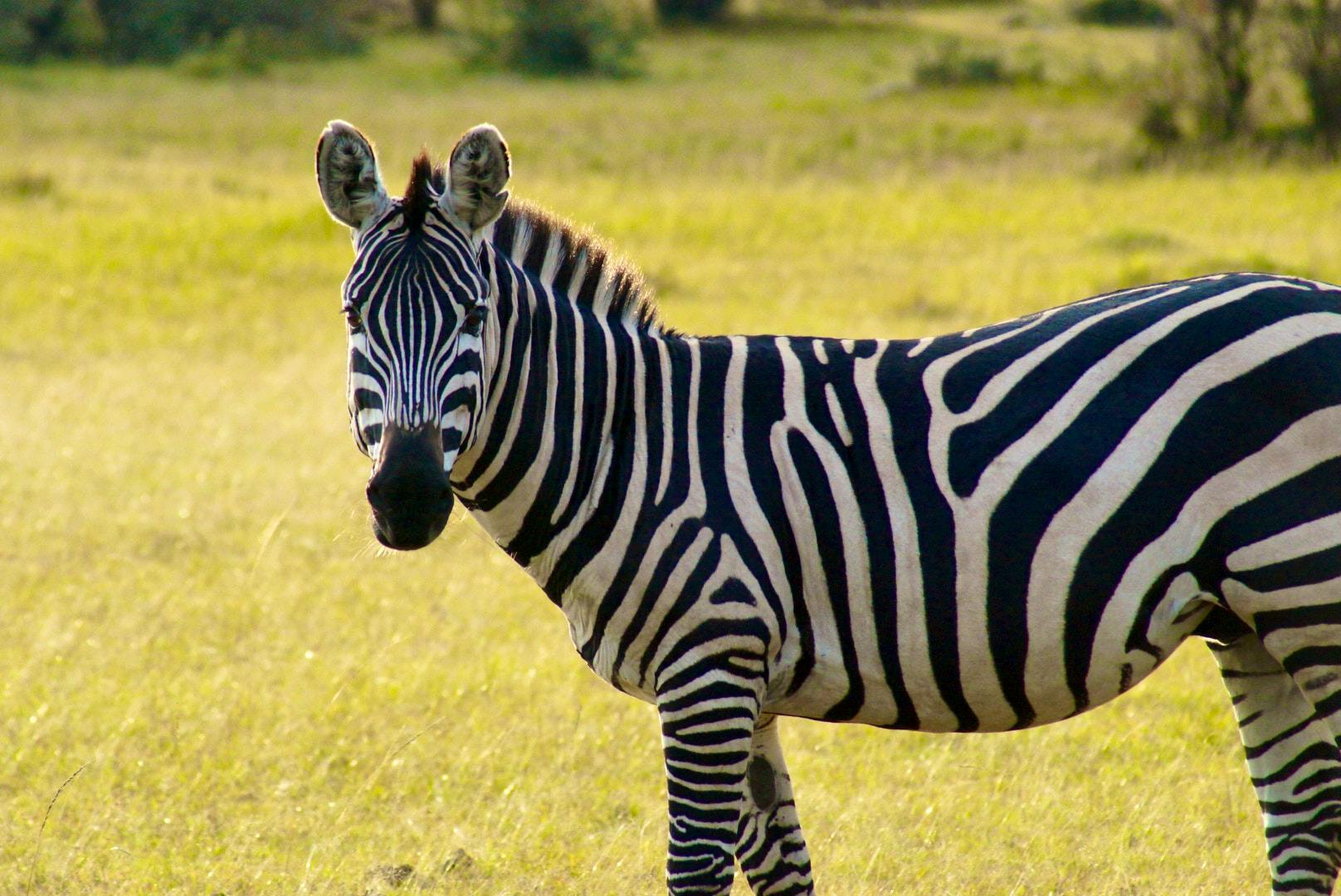
Top 10 General Tanzania Safari Tips
Preparing for a Tanzanian safari requires careful planning to ensure a safe, comfortable, and responsible journey. Here's what you need to consider:
Safety:
1. Consult a doctor well in advance.
Before heading to Tanzania, it's essential to be up-to-date with vaccinations such as Yellow Fever, Hepatitis A and B, Typhoid, and others.
Malaria is common in many parts of Tanzania, so antimalarial medication is strongly recommended. Bring insect repellent and consider sleeping under a mosquito net, especially if you're staying in tents or lodges in rural areas.
2. Get travel insurance.
Whether general insurance or Kilimanjaro travel insurance, ensure your plan covers medical emergencies, evacuation, and trip cancellation.
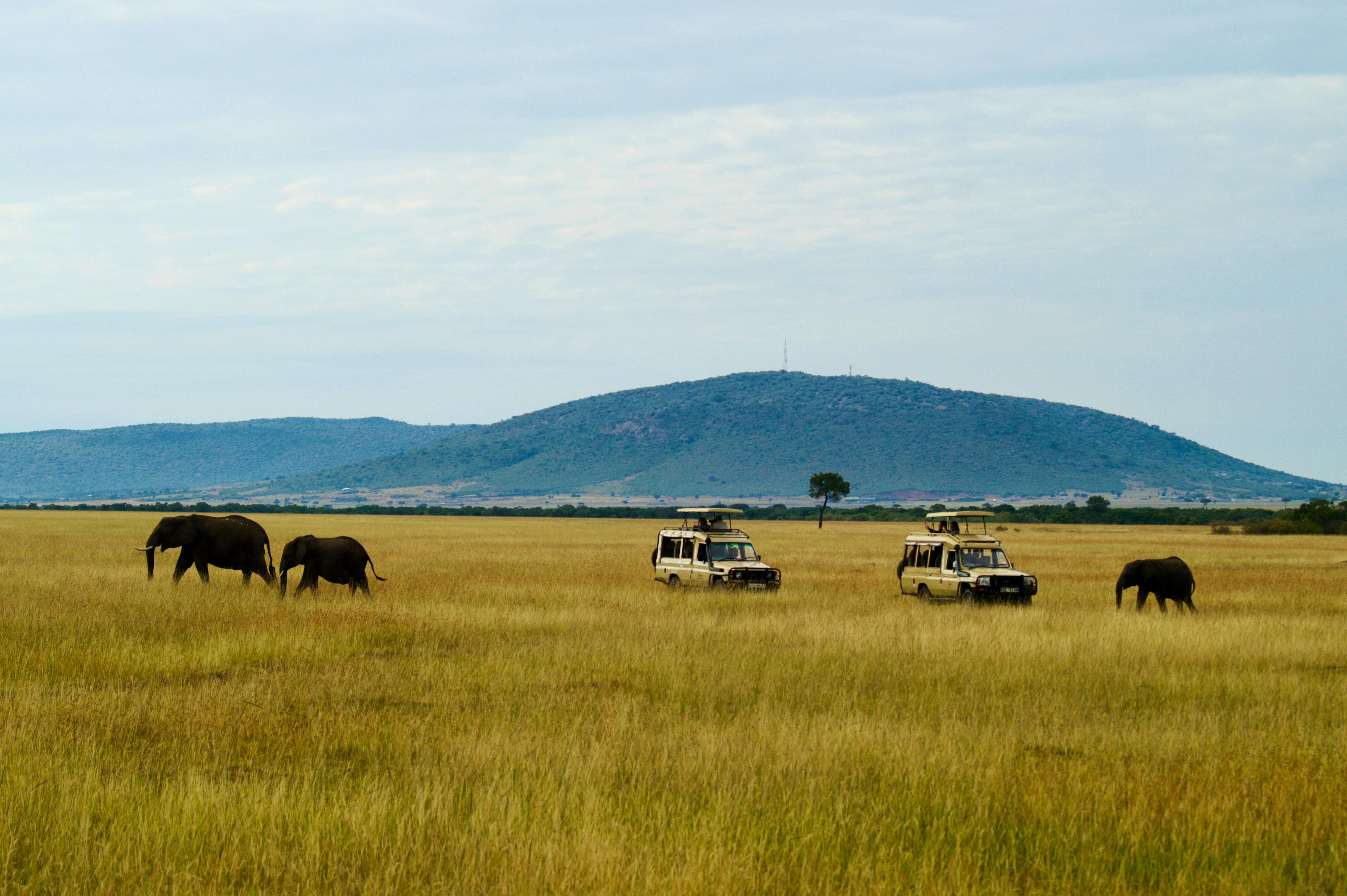
3. Opt for a guided safari.
Booking a guided safari in Tanzania enhances your experience, safety, and understanding of this destination.
The African bush can be unpredictable. Professional guides are trained to handle unexpected situations, whether an encounter with a wild animal or a medical emergency. They ensure your safety while navigating through remote and wild areas. When it comes to safety and wildlife, listen to what the guides tell you - they really do know best.
Additionally, local safari providers have extensive knowledge of wildlife behaviour, habitat, and tracking techniques which significantly enhances your chances of spotting various animals, including more elusive species.
Documents:
4. Ensure your passport is valid for at least six months beyond travel dates.
This should be a precautionary measure for any travelling!
5. Carry copies.
Carry copies of your travel insurance, vaccination certificates, and medical prescriptions. It's also wise to have a physical copy of your itinerary, contact details of your accommodations, and emergency contacts.
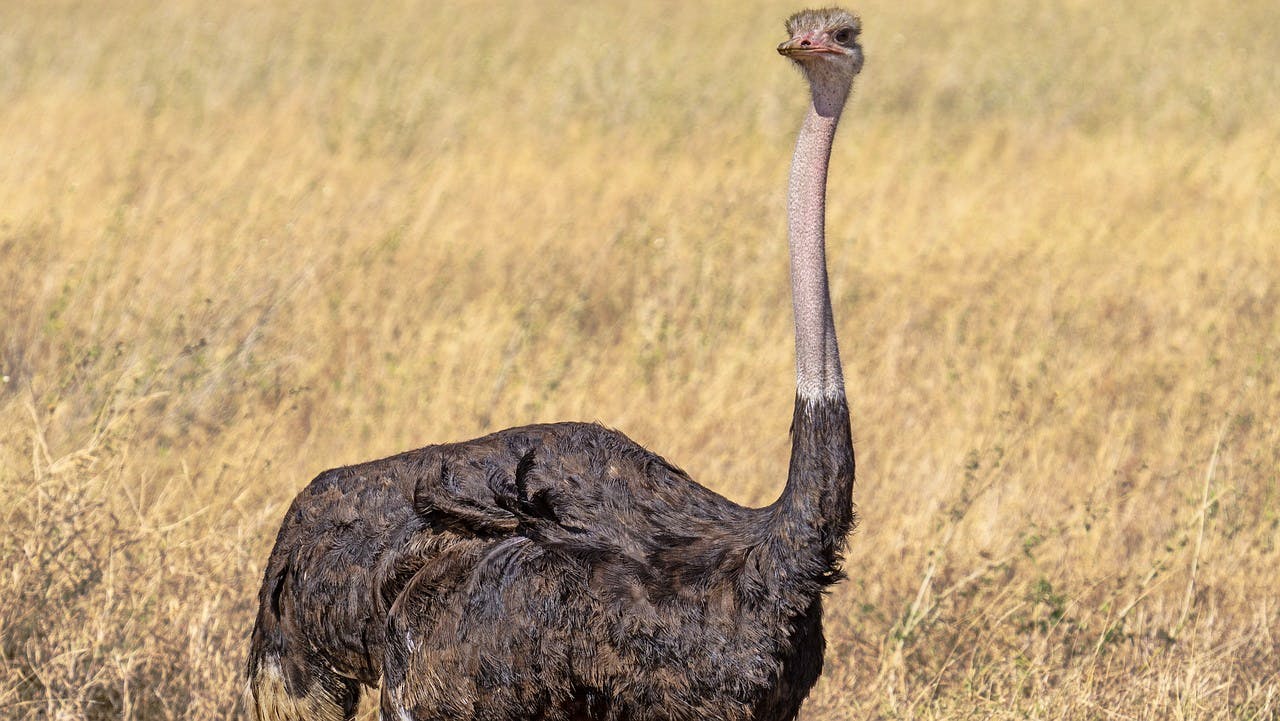
Preparation:
6. Plan well in advance.
Check visa requirements and read up on the best time to visit Tanzania for safari a few months before so you can make sure you get to book the exact experience you want (and often at better prices).
7. Read our recommended packing list for Tanzania safari.
This list covers everything from essentials to clever extras.
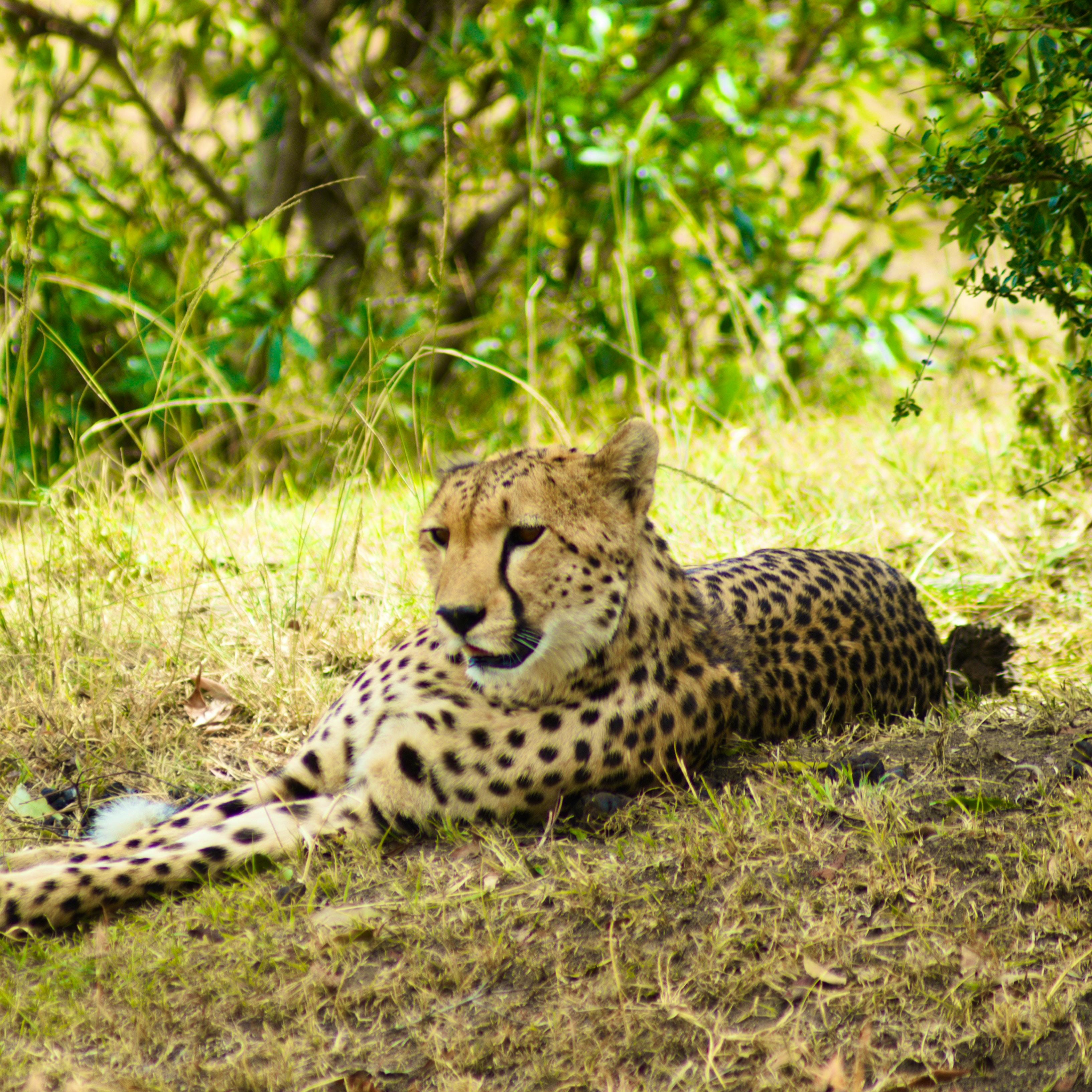
Culture:
8. Tanzania is fairly conservative.
Just so that you know, because of the conservative culture of Tanzania, we recommend an effort to select respectfully modest clothing and avoid public displays of affection. This is especially true on the coast.
9. Be ready to tip.
While a safari can be costly, tipping porters, drivers, tour guides or cooks is a standard custom when happy with their services. Tips have a large impact on the overall income these workers take home to their families and are greatly appreciated. Carry some small change (in US dollars or Tanzanian shillings) to tip the helpful staff.
10. Enjoy and respect the culture.
Learn some Swahili greetings, ask permission before taking photographs of or with locals, and find out some things about the culture. Small efforts go a long way in enriching your experience.
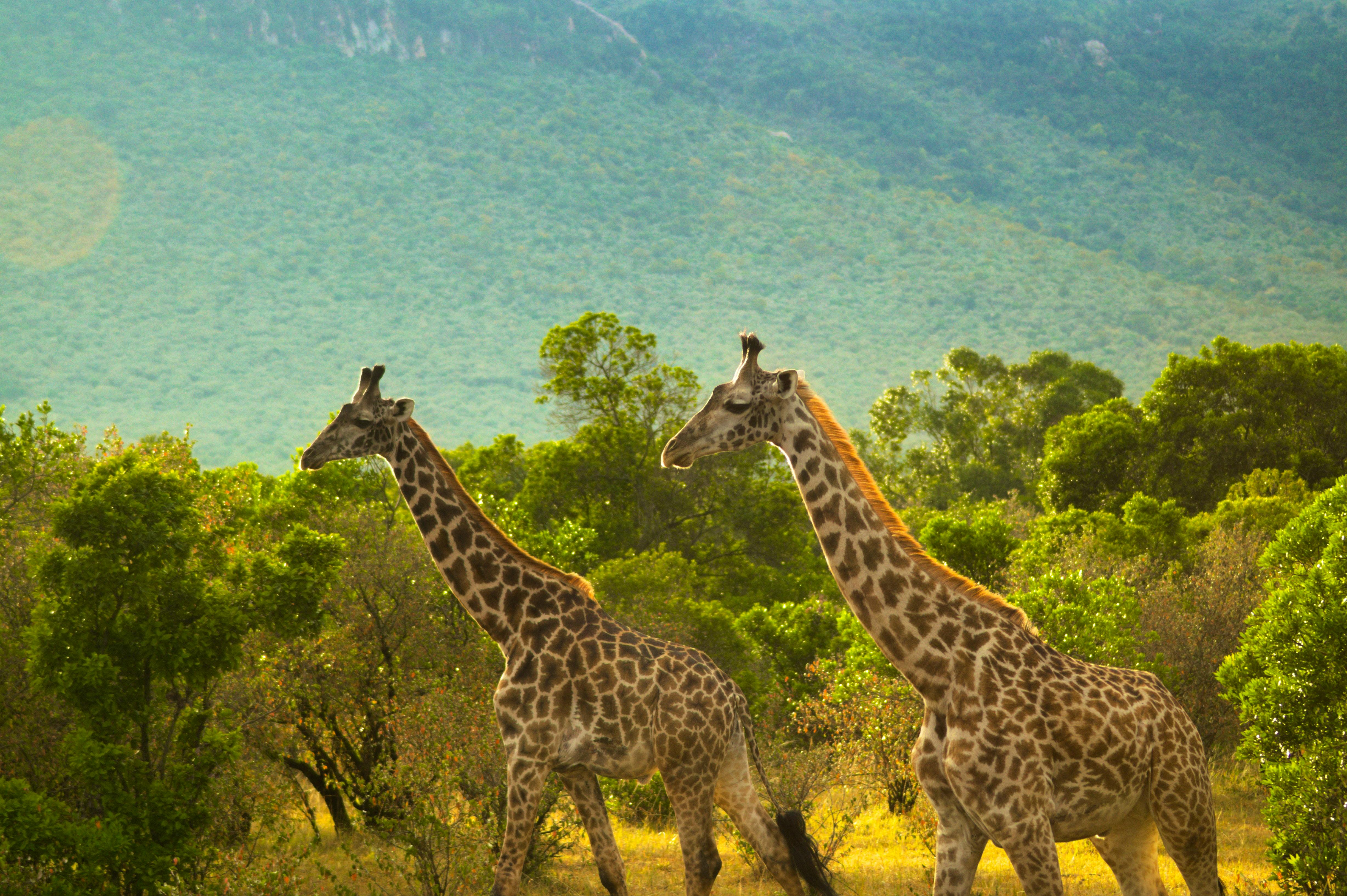
Conclusion
There is nothing like a top-notch Tanzanian safari. Now that you are equipped with the top Tanzania safari tips, you are ready to plan your trip!
We really do believe that choosing a vetted, local-guided safari experience is the best way to go - that's why we put our travellers in touch with these 2-day and 7-day safaris.
Skyhook’s Guided Trekking Trips in Tanzania
Find your next adventure
Why Skyhook?
Join over 27,000 Skyhook adventurers who've used our platform to book directly with our vetted local guides, at local prices (we never markup).
Expert Local Guides
Experienced local guides, handpicked by us.
Best Prices
Never pay a markup on the local guide's price.
Exclusive Club
Earn loyalty rewards every time you travel.
Great Social Vibes
Small group tours provide a richer experience.
Stellar Feedback
Over 2,800 reviews, average of 4.9/5 stars.












